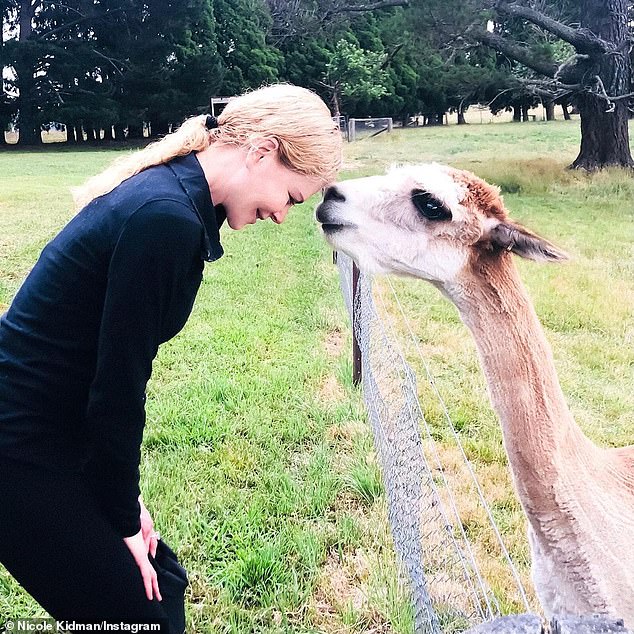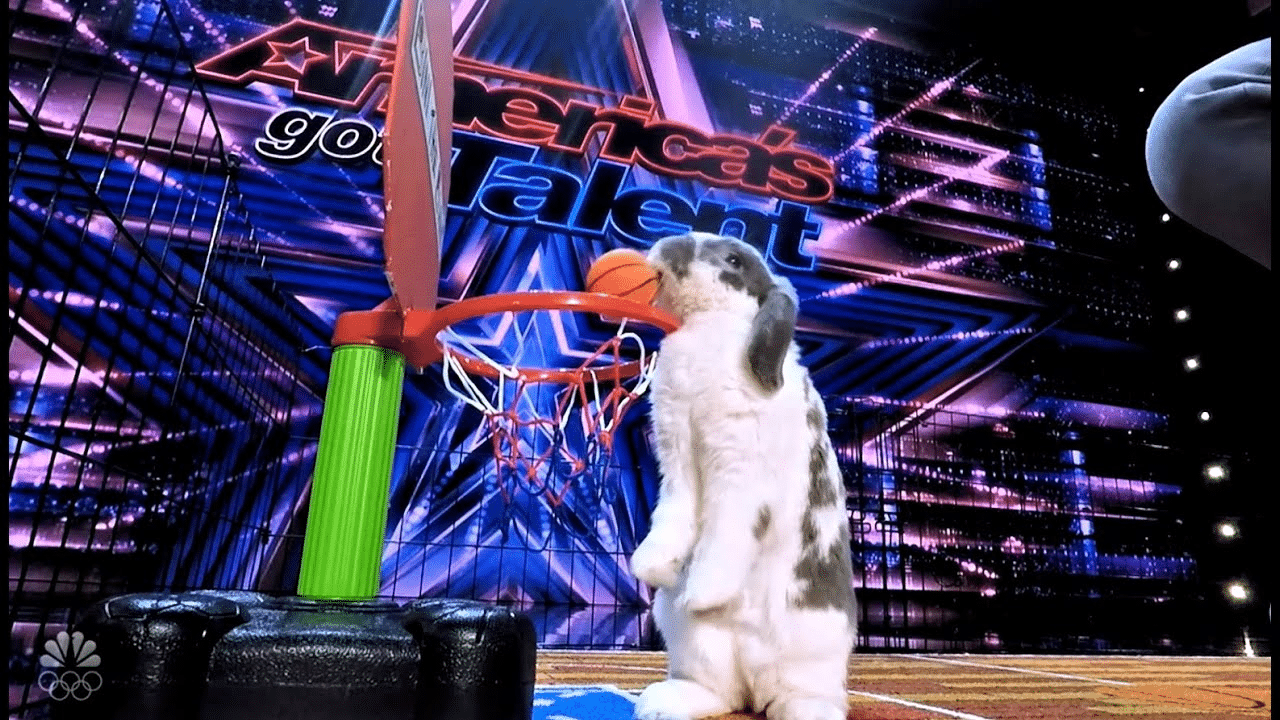Animals react in several ways to different actions; kittens snuggle up to you to show affection, and lions roar to send different signals. These behaviors have scientifically significant meanings. The reason behind some of these reactions isn’t what they appear to be.
Your dog is yawning? Well, it’s not just ‘tired’
As humans, we find it endearing when our pets do things that we also do. For instance, when your dog yawns, you might smile and say, ‘Aww, my pup is tired.’ However, yawning means something else to dogs.

Dogs often yawn when they are stressed out; by yawning, they try to make themselves calm down. Another reason is fear or nervousness, which is why your dog probably yawns when the vet comes around.
That adorable purr might be a call for help
When your cat purrs or makes a rumbling noise, you probably think it indicates how happy they are. While it’s true that cats purr when they are happy, happiness isn’t the signal they are passing.

In plain words, a cat’s purr means, ‘don’t go.’ This might be because your cat is injured, not feeling comfortable, upset, or sick. When a cat purrs, it means they want you to stay with them or they need help. So you should be more observant the next time your feline friend purrs.
What’s good for the pooch isn’t good for the giraffe
It may be a cute sight when a rabbit or dog licks or chews things. While licking and chewing is good for these animals’ dental health, it’s a bad signal when giraffes or primate animals do them.

If you have a pet giraffe and notice it is licking the walls or bars of its cage, it might mean it is feeling bored. In some cases, this may even mean the primate or giraffe has developed a mental illness from being in an unwanted captivity environment.
Tail wags might mean ‘stay away!’
When your dog wags its tail, you need no other indication to know that it is happy about something. Well, that same action might have an entirely different meaning when carried out by another type of animal- cats.

Cats don’t wag their tails often, but when they do, it is an indication that they are distressed. Sometimes, they may also hiss as they wag their tails to indicate aggression. So it’s best if you leave them for a while.
Your ‘no’ means a sound ‘yes’ to them
There are many ways of reprimanding your pets, but it’s not that straightforward regarding parrots. So, while it’s admirable to hear your parrot vocalizing, doing it in excess might be because of your actions.

When your parrot seems to be talking too much, and you reprimand them, you’re actually stimulating them to do more. So, if they are screaming too loud, you should just leave them. Also, excess vocalization might mean that your parrot is bored or lonely.






